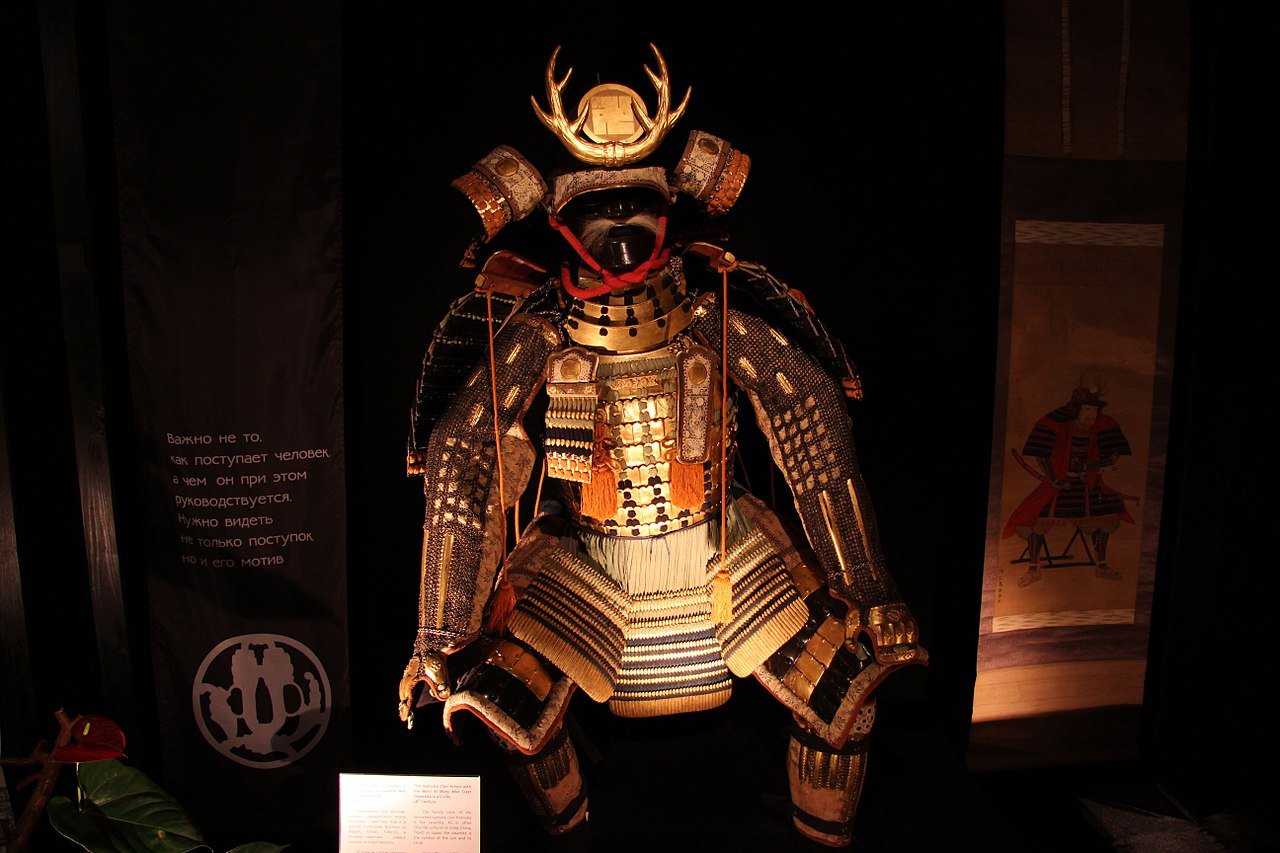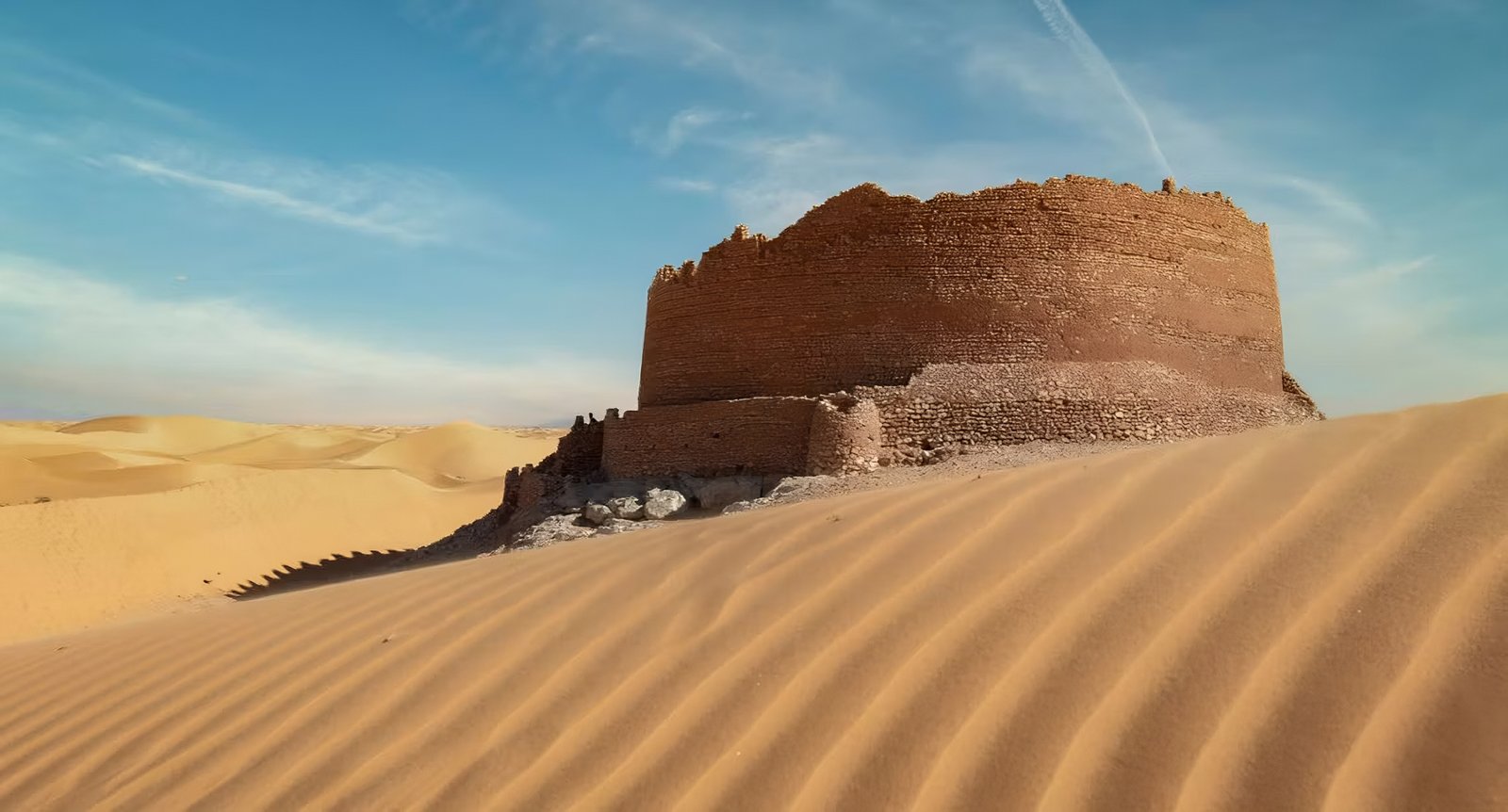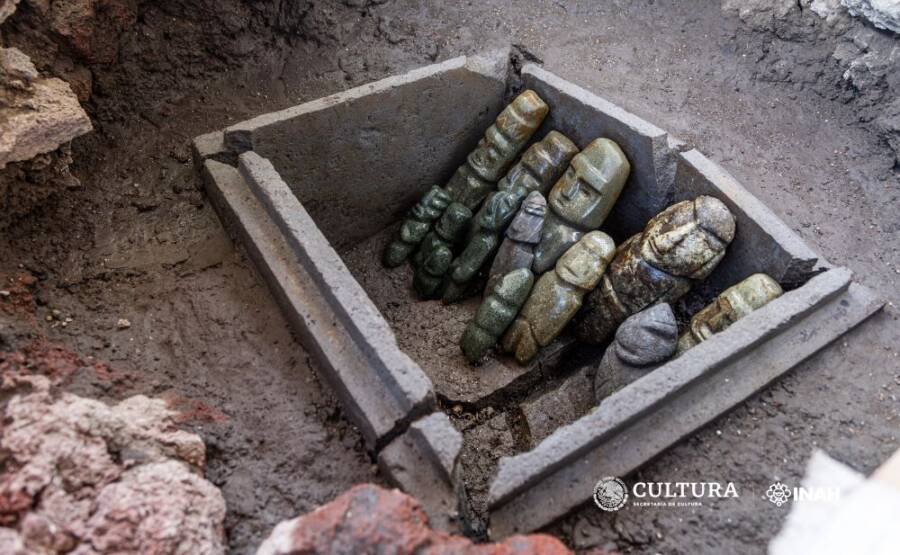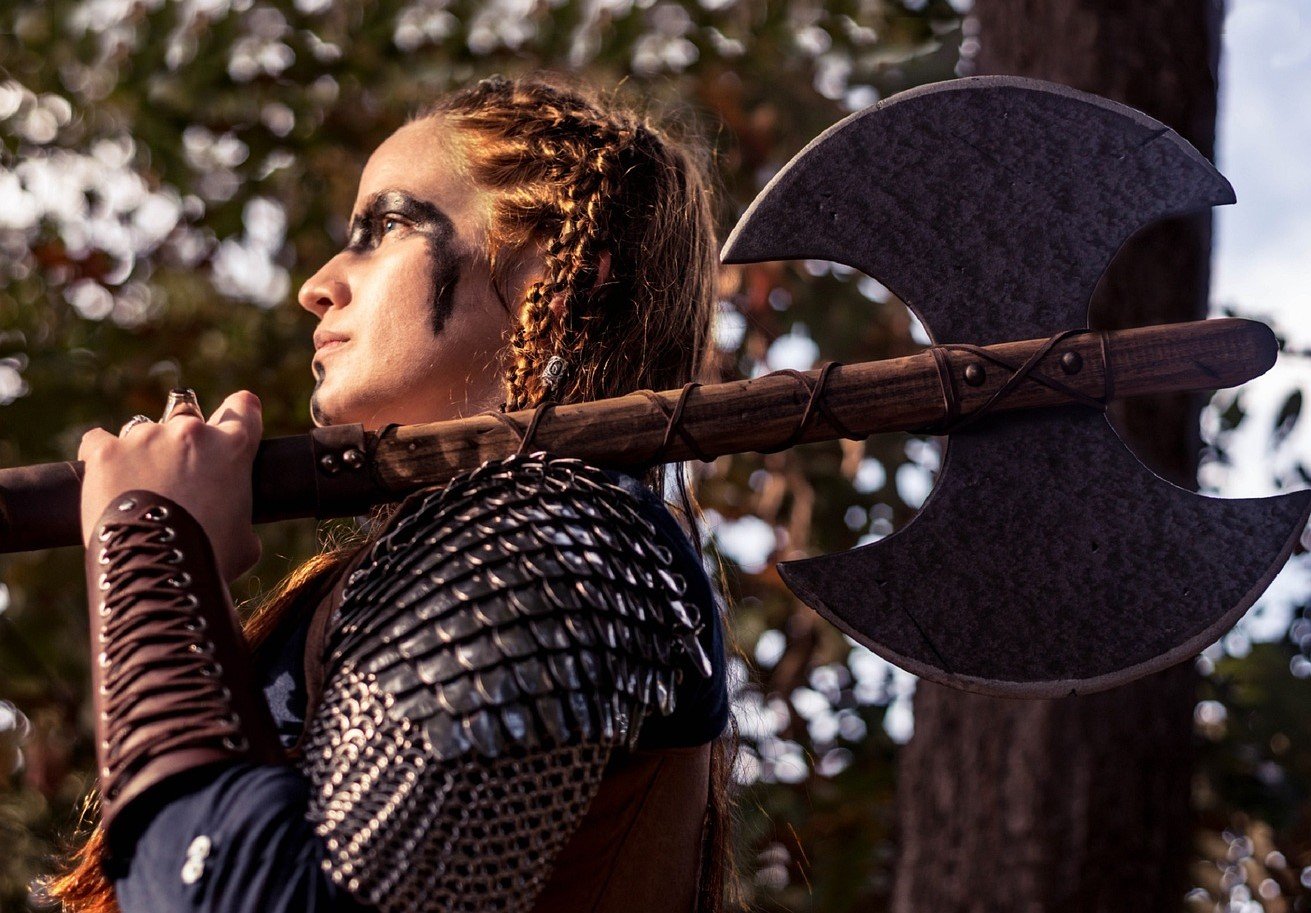The Greeks of old were renowned for their colourful culture, mythology, and philosophy. This is what they loved to hear when a question was asked about how the world came into existence and its gods. Creation myths that are oral ones handed down through generations illustrate a wealth of stories, each of them telling a story about the origin of the universe and Greek pantheon establishment.
Introduction
The Multiplicity of Greek Creation Myths: The Rich Tapestry of Narratives.
The Greek creation myths are not monolithic entities. They are simply different myths composed of various elements of accents. Due to the fact, Greek religion had many local appearances as well as various notions about common notions.
Providing a preface to an exegesis of contrasts.
Therefore, it is essential to understand the dynamism of the Greek creation myths prior to exploring them. Myths changed with time and also cultural setting and the changing perception of the heavens.

Hesiod’s “Theogony” – Gods and Chaos
The Foundational Narrative of Divine Genealogy: Chaos and the Primordial Deities.
Theogony by Hesiod, the epic poem about the creation of the world which even now is one of the most widely quoted and known Greek tales on creation. Chaos is an unfathomable void and the primordial chasm from which everything emerged.
Out of that chaos was born Gaia (the earth) and Tartarus (the abyss). Subsequently, Eros, the symbol of love, emerged from Chaos as a prelude to world creation.
Titanomachy and the rise of Olympian religion.
The Titans are born from the primordial gods like Gaia, Uranus (the Sky), and Pontus (the Sea). Nevertheless the age of titans proved inimical to that of their children called the Olympian gods thus titanomachy, a cosmic war erupted.
The youngest of the Olympian gods, Zeus, led them in their fight with the titans that established their dominion over the universe. It was the morning of Olympians’ era which was an age of order and calm for the Greek myth world.

Homer’s “The Iliad” and “The Odyssey”
The Cosmogony Embedded in Epic Poetry: Origins of Gods and the Cosmos.
Greek creation myths are hidden in Homer’s epic poems, The Iliad and The Odyssey. These references, often embedded in the narrative, give hints about what Homer thought about the cosmos and the divine genealogy in the gods.
Avoid the details of cosmogony but concentrate more on the heroic deeds.
Unlike Hesiod’s “Theogony” which starts with the origin of the universe and genealogy of gods, Homer’s epics only deals with the feats of their heroes. This gives the cosmogony a more believable background for these heroic stories and emphasizes the divine qualities of these characters.

Orphic Tradition – Gods and Chaos
Mystical and Esoteric Perspectives on Creation: Myths and rites in Orphic literature.
Another approach to the creating was represented by the Orphic tradition which is esoteric and mystic movement, started in Greece during the sixth century BC. Orphic hymns and rituals were more complicated than those mentioned above, oriented towards cleaning of a human soul.
The Journey of Soul and its purification.
Chaos in the Orphic cosmology was not the first principle but primordial darkness, which Chronus (Time) emerged from. Then, Chronos, a radiant god, came out of Phanes. This is why Orphic beliefs believed in the soul descending from heaven into physical world and finally returning back to its divine origin.
Dionyus and the Zagreus Myth.
Orphic mythology has god Dionysus, also known as the god of wine, ritual madness, and ecstasy, as its point of focus. One of the important stories in the Orphism is the Zagreus myth, which illustrates the Dionysus dismemberment and eventual resurrection.
It’s Influence on Later Greek Though and Art.
The Orphic cosmos greatly influenced in Greek theory and art as it was entirely about the redemption and wandering of the soul. Their hearts were found wanting by the Orphic belief, which provided the genesis for Hellenistic philosophy and artistic gods.
Plato’s “Timaeus” – Gods and Chaos
Philosophical Contemplations on the Creation of the Cosmos: The role of the Demiurge in creating the world.
Creation in Plato’s Timaeus is not only an exercise of divine power, but rather deliberate act of the demiurge who is benevolent and possesses a craftsman type of deity. The demiurge shapes the cosmos from its disorderly, formless state into an ordered universe while utilizing the everlasting forms as the models.
Demiurge of Plato is not personal god in its proper meaning; it is rational principle governing the world. This is also a way of explaining how the Greek philosopher Plato perceived the cosmos as rational by nature.
Geometry, Elements, and Divine Intelligence.
In this aspect, Plato conceives a demiurge who applies geometrical forms as the bricks for creation. Shaping the earth, air, fire and water into regular geometric solids, results in the emergence of the universe. Plato believed that the universe had a mathematical basis, which is reflected by the focus on geometry.
However, the mechanism in which the demiurge’s creation takes places does not come off as merely mechanical, rather it reflects intelligence and artistry. The demiurge gives the universe spirit and life to keep it going and in motion. Thus, Plato’s vision of creation combines philosophical musings with the aesthetic recognition of the order and harmony of the entire cosmos.
Ovid’s “Metamorphoses” – Gods and Chaos
Mythological Transformations and Cosmic Beginnings: Ovid’s re-poeming of multiple myths including creation.
Ovid’s “Metamorphoses,” which is an epic poem that was written in the 1st century CE and is considered as one of the oldest collections of Greek and Roman myths as well as accounts of the creation. Ovid’s poetic genius is in the skillful linking of different tales, which he moves from one myth to another. This makes a web of related stories.
Narrative embellishments and artistic in “Metamorphoses”.
Ovid’s “Metamorphoses” of creation myths are not mere repetitions of existing stories but are seasoned with poetry flavored and enriched. Ovid creates animated descriptions, heated discussions as well as psychological insights into these ancient myths that have become familiar in our minds.
“Metamorphoses,” one of Ovid’s poems, is a clear proof that Greek mythology has been strong. Ovid’s versions of creation myths remain fascinating and inspiring until today, letting us understand ancient Greeks’ perspective on the creation of the universe and deities. [Image of Ovid’s Metamorphoses]
Pseudo-Apollodorus‘s “Bibliotheca”
Compilation of Myths and Genealogies: Divine Lineage and the Cardinal Events of History – systematic cataloging.
Pseudo-Apollodorus’s “Bibliotheca” is an encompassing source through which one can understand the range and abundance of Greek mythology. The works in a systematic way trace the divine lineages, heroic feats, and major events that constitute the geographical mythology.
An Analytical Reference Work which Synthesises Mythic Traditions
“Bibliotheca” functions as a sourcebook pulling together diverse mythical accounts from all over the Greek world. It draws upon a wide assortment of sources ranging from the epic poems, lyric poetry, local histories, and oral traditions. This brings together diverse sources that make “Bibliotheca” an important resource in understanding the range of mythical narratives and their variations between areas.
The systematic and thorough coverage of the work places it among the crucial reading materials required by scholars and enthusiasts alike. “Bibliotheca” forms a great basis for grasping the connections in the Greek mythology and the relationships among gods, heroes, and humans.
Regional Variations – Gods and Chaos
Diverse Interpretations Across Ancient Greek City-States: Myths in a Nutshell and Deviations in God’s lineage.
However, despite the common heritage, the Greek world should not be considered as one homogeneous entity. The mythology in each polis was unique and it reflected the identity, traditions and beliefs of this city-state. Therefore, there were polis-specific variations in the Greek creation myths which reflected the disparate meanings and polis-specific narratives.
Regional beliefs and cultural nuances in adaptations.
Cultural nuances, historical events, and geographical characteristics contributed towards the diversification of these regional differences. For example, sea deitieies play dominant role in developmental myth, but in another one, agrarian gods might be primary. These adaptations show how much Greek mythology was part of everyday life, a part of the local context and culture.
To really appreciate the depth and complexity of mythical Greek ideas and concepts it is necessary to understand the specifics of regional variation of Greek myths. Recognizing the local adaptations and idiosyncratics of each polis allows us a deeper and broader view of the flexibility associated with Greek mythological history.
Conclusion – Gods and Chaos
Greek creation myths, which were handed down from generation to generation, give us insight into the ancient Greek perception of the universe’s genesis as well as gods’ origin. The myths include Hesiod’s “Theogony” and Ovid’s “Metamorphoses.”
FAQs
What explains the existence of disparate versions of Greek creation myths?
Each Greek society developed its own creation mythology thus leading to multiplicity of Greek creation myths due to lack of central authority in regard to Greek religion that allowed different perceptions about similar beliefs across different regions. The myths also evolved with time, in accordance with shifting culture and a growing comprehension of cosmic happenings.
The Greek creation myths have an intriguing theme, which is explored in the various versions?
The differences notwithstanding, Greek creation myths have a number of unifying elements, which include the generation of order out of chaos, the part played by the primordial divinities, the conflicts among generations, and the rise of the Olympian pantheon.
How did the Greek creation myths affect Greek society?
The creation myths of the Greeks were very important as they gave birth to culture that influenced societal organization, understanding the world, provided basis for the politics, and established moral system of the society in Greece. These people were also a source for the artistic, literary, and philosophical traditions surrounding them.
What do the variations in ancient Greek genesis models say about the diverseness of Greek culture?
Similarly, the different versions of Greek creation myths reflect variation within Greek culture and the fact that every polis had its own version of the origins of cosmos and divine ancestry of the gods. It is quite obvious that these adaptations are indicative of the profound relationship between Greek mythology and the peculiarities of every polis.






